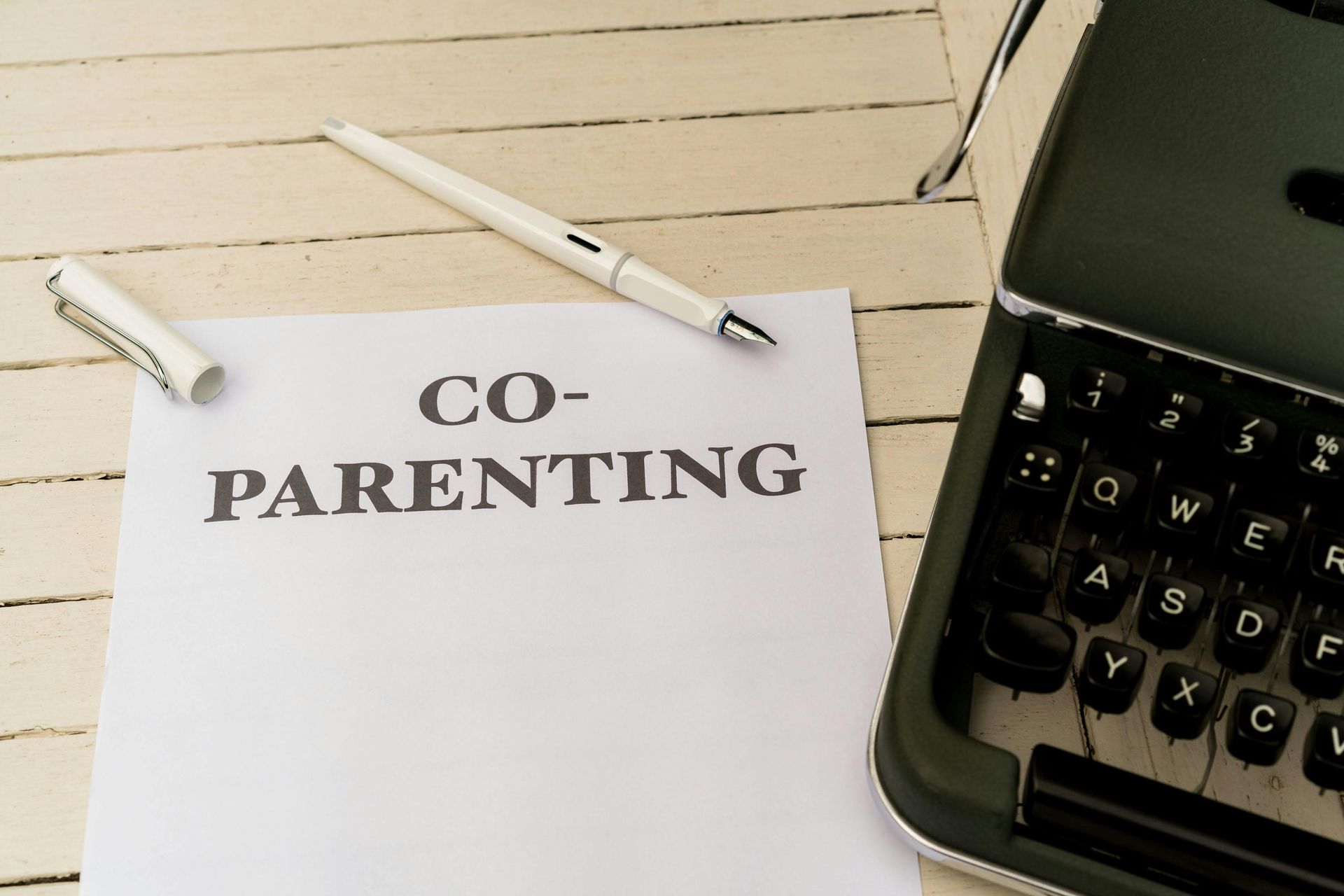The Impact of Losing a Mother at a Young Age: A Deep Emotional Journey
Losing a parent is one of the most painful experiences a person can face. For a child, the death of a mother—the primary source of love, comfort, and emotional security—can be particularly devastating. Whether it happens suddenly or after a prolonged illness, the impact of losing a mother at a young age can leave emotional scars that last a lifetime. In this blog, we will explore the psychological, emotional, and social effects of such a loss, and discuss how children can be supported through grief and healing.
---
1. The Unique Bond Between Mother and Child
A mother is often the first person a child bonds with. From birth, she provides not only physical care but also emotional regulation, reassurance, and a safe space for the child to explore the world. The bond between a mother and child is foundational to the development of a child’s sense of self-worth, identity, and emotional security. When that bond is suddenly broken by death, the child’s entire world can feel unsafe and uncertain.
---
2. Immediate Emotional Impact
When a child loses a mother at a young age—especially before they have developed mature emotional coping skills—they may experience intense feelings of:
· Confusion: Younger children may not fully understand the concept of death. They may believe their mother will come back or that her absence is temporary.
· Guilt: Some children irrationally blame themselves for the loss, believing that something they did or said caused their mother to go away.
· Fear and Anxiety: Without the emotional security their mother provided, children may become fearful of being left alone or losing other loved ones.
· Anger: They may feel angry at the situation, at the person they believe is responsible (if applicable), or even at their mother for "leaving" them.
These emotions can be overwhelming, especially without the right support.
---
3. Long-Term Psychological Effects
The long-term effects of losing a mother during childhood can vary based on the age of the child, the circumstances of the death, and the support they receive afterward. However, some common impacts include:
- Attachment Issues
Children who lose a mother early in life may struggle with forming secure attachments in future relationships. They might fear abandonment or become overly dependent on caregivers and peers. Trusting others can become a major challenge.
- Mental Health Challenges
Studies show that children who experience the death of a parent are at greater risk of developing mental health issues such as:
· Depression
· Anxiety disorders
· Post-traumatic stress disorder (PTSD)
· Low self-esteem
Adolescents in particular may struggle with identity issues and unresolved grief, sometimes leading to risky behaviors such as substance abuse or self-harm.
- Academic and Social Setbacks
The emotional turmoil from grief can affect a child’s concentration and motivation at school. Socially, children may feel isolated from peers who don't understand their experience. Some children may withdraw while others act out their pain through disruptive behavior.
---
4. How Grief Manifests at Different Ages
Grief doesn’t look the same for every child—it often depends on their age and stage of development.
Toddlers and Preschoolers
Young children may not fully grasp the permanence of death. They may keep asking when their mother is coming back or show changes in sleeping, eating, or toilet habits. Separation anxiety can become heightened.
Elementary Age
Children in this age group may begin to understand that death is final but still struggle with emotional expression. They may become clingy, develop fears, or show regression in behavior (e.g., bedwetting or temper tantrums).
Pre-teens and Teens
Older children and teens understand the reality of death but often suppress emotions to avoid seeming weak or different from their peers. This can lead to internalized grief, anger, rebellion, or withdrawal
More Family Law Blogs
by Anne Harvey









